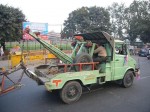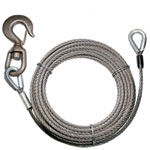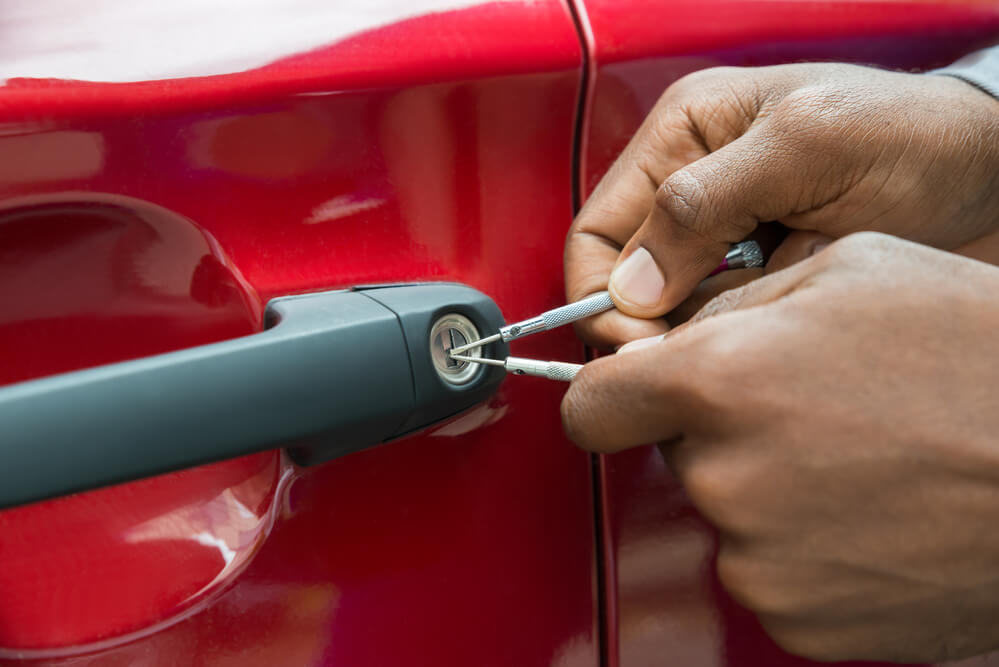Tire pressure is a crucial factor when you’re always on the road. Just like fuel, you have to constantly keep it in check, and make sure that the tire pressure on your wheels is just right, not too much or too little. For this post, we’ll give you some quick tips regarding tire pressure and some things you need to look out for when going out.
When Tire Pressure Is Too High
When tire pressure is too high, that means less (than what is required) of the tire touches the ground, causing you to bounce while driving down the road. When you feel like you’ve been having a bumpy ride down the freeway for the last hour or so, that probably means you need to stop over and reduce the tire pressure, otherwise the tire could burst (if left unchecked) or some minor accident may occur.
When Tire Pressure Is Too Low
When tire pressure is low, on the other hand, more of the tires are touching the road, increasing friction and causing your tires to wear off quicker than usual. When left unmodified, your tires could overheat (which can easily lead to accidents), and tread separation may be the effect. Signs of low tire pressure are squealing tires when you brake or make a turn.
In both cases, signs of too high or too low pressure are difficulty in steering the wheel. If you feel that the wheel is heavier than usual, better get your tires checked.
How To Know The Ideal Tire Pressure For Your Vehicle
The only way to know the ideal tire pressure is by checking the vehicle’s manual. Some drivers usually look for the tire pressure gauge on the tires themselves, but this is actually a misconception. Tires have information regarding the maximum allowable pressure, not the ideal pressure, so make sure that you know your vehicle’s gauge and remember it before taking it on long drives.
Gasoline stations have pretty accurate tire pressure gauges and won’t charge you anything.
For more information, or if you want to know about our towing and roadside assistance services, you may call us at (647) 930-0415




